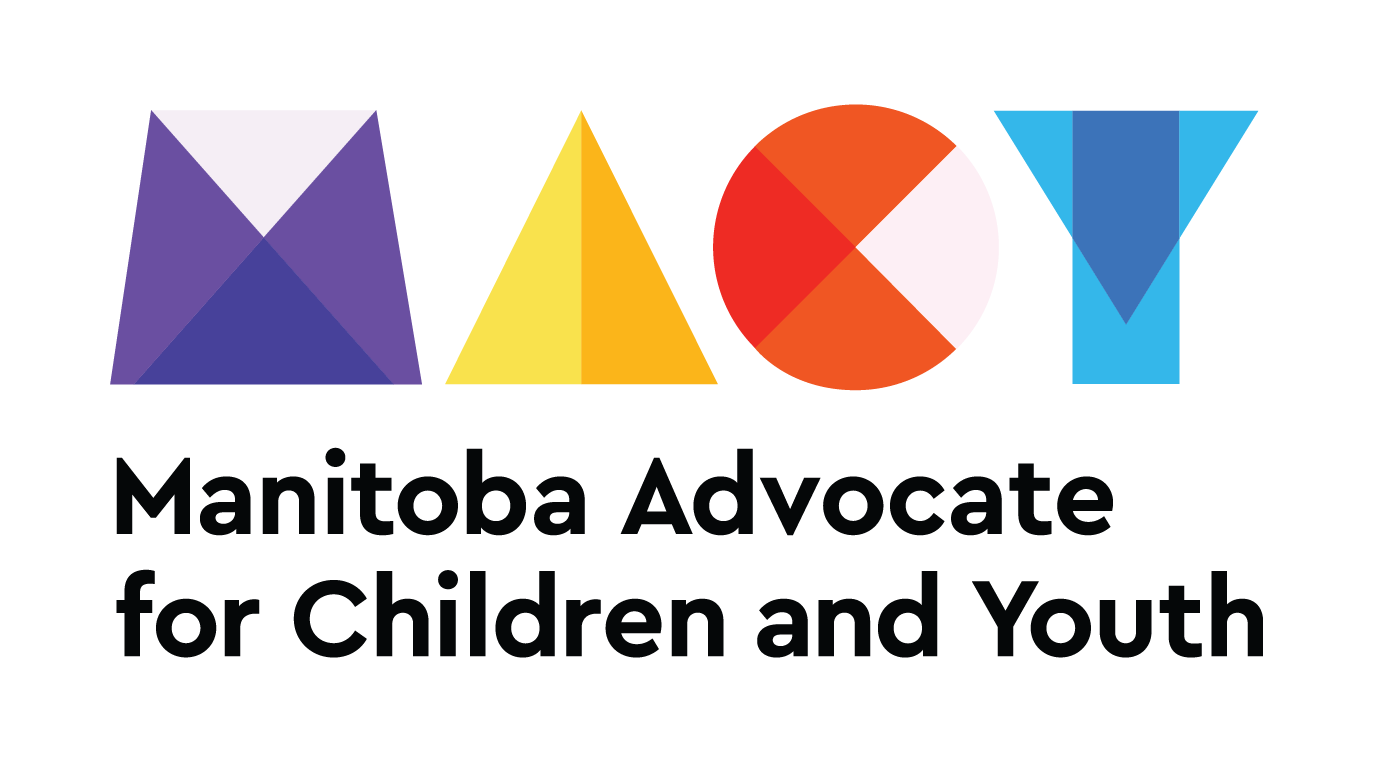Definitions / Glossary of Terms






If there is a CFS word you are wondering about, but it’s not listed here, contact us.
ANCR stands for the Child and Family All Nations Coordinated Response Network. It is the designated child and family services intake agency for Winnipeg. It also provides support services to families.
Apprehension
A representative of CFS can apprehend a child in need of protection without a warrant and take the child to a place of safety. Upon apprehension, CFS has to apply to the court within 4 juridical days (four days that the court sits) for a hearing to determine whether the child is in need of protection.
Authority
There are four authorities in Manitoba that supervise the child and family services agencies under their jurisdiction. They are as follows:
- The Northern Authority is responsible for the delivery of services to members of northern First Nations.
- The Southern Authority is responsible for the delivery of services to members of southern First Nations.
- The Metis Authority is responsible for the delivery of services to Metis people.
- The General Authority is responsible for the delivery of services to all other persons.
Authority Determination Protocol (ADP)
ADP refers to the process used by the designated intake agency to determine the culturally appropriate authority and the authority of service for a person or family.
Case Plan
Sometimes referred to as a “case plan” or “treatment plan”, this refers to the formal plan for a child in care. This plan should be in a written document.
Designated Intake Agency (DIA)
One agency in every region of Manitoba has responsibility for providing intake (or first point of contact) services. It is called the “Designated Intake Agency”.
Extension of Care
In certain circumstances, a child’s care with a child and family services agency can be extended beyond the age of majority (18) to the age of 21 years. This applies to permanent wards only.
Foster Home
This is a home other than your family’s home where you live with another family.
Group Home
This is a home where you may live with other children or youth in care. There are staff members there at all times. Staff members are generally there for eight-hour shifts
Hotel
Child and Family Services agencies try not to place kids in hotel rooms, but if there is no other place for you to go you may be placed in a hotel room for a short time. A staff person will stay with you.
This is when you receive a cheque from Child and Family Services to cover your living expenses but you are living on your own. You will have your own apartment and do your own grocery shopping but you will still have the support of a social worker.
Permanent Ward
Refers to a child who is under the permanent guardianship of a child and family services agency. The guardianship rights of the child’s parents or guardians have been terminated.
Place of Safety (POS)
A safe place where you stay for a short time. This is usually with someone that you know or that your family knows. For example, a teacher or a neighbour. This gives the agency time to decide what the plan is for you.
Proctor Setting
This is when you live with someone who teaches you what you need to know for independent living.
Receiving Home/ Emergency Shelter
A place where you may stay for a short time.
Specialized Individual Placement/Home
If you have special needs, you may be placed in a specialized placement. This place is set up in the way that best meets your needs.
Temporary Ward
Refers to a child who is under temporary guardianship of a child and family services agency. All guardianship rights and responsibilities of the child’s parents or guardians are suspended for a period of time determined by the court.
Treatment Centre/Residential Treatment Unit
If you need extra help and support, you may be placed in a treatment centre. There will be staff there at all times to help you work through your feelings and problems.
Voluntary Placement Agreement (VPA)
The Child and Family Services Act provides for a parent, guardian or other person who has actual care and control of a child, to enter into a voluntary placement agreement with an agency for the placing of a child without transfer of guardianship.
Voluntary Surrender of Guardianship (VSG)
This provision in the Child and Family Services act allows for a parent, guardian or other person who has actual care and control of a child to sign an agreement turning over guardianship to a child and family services agency. It has the same effect as a permanent order of guardianship in that it terminates all parental rights and obligations.

